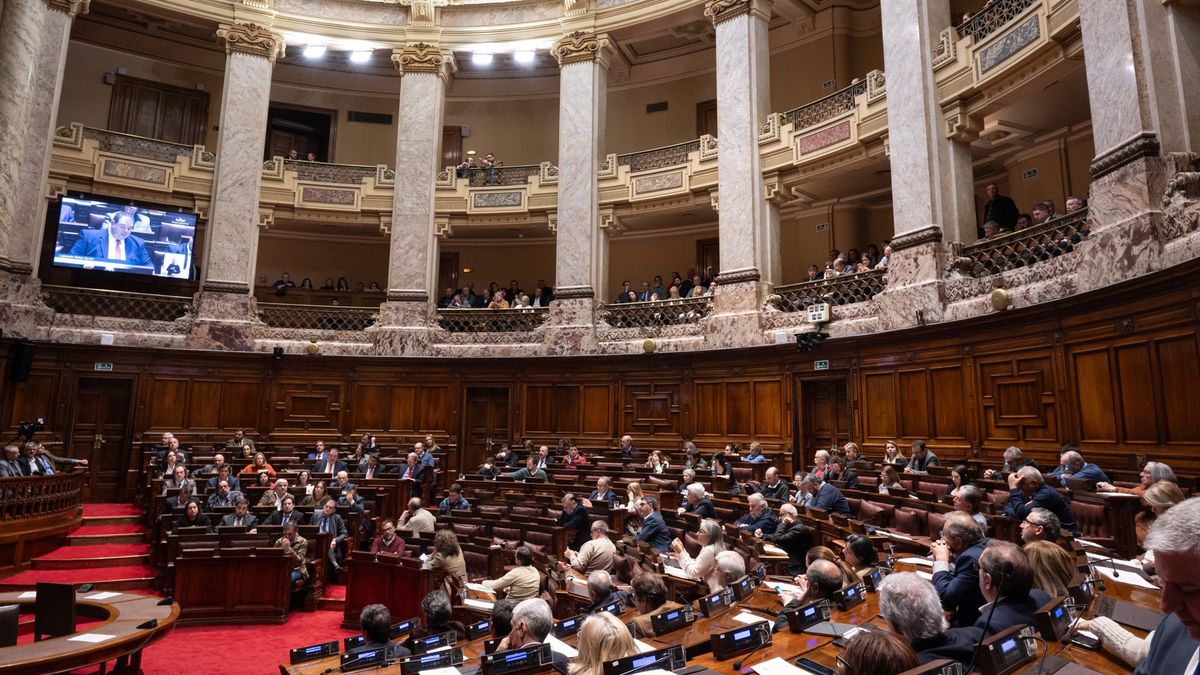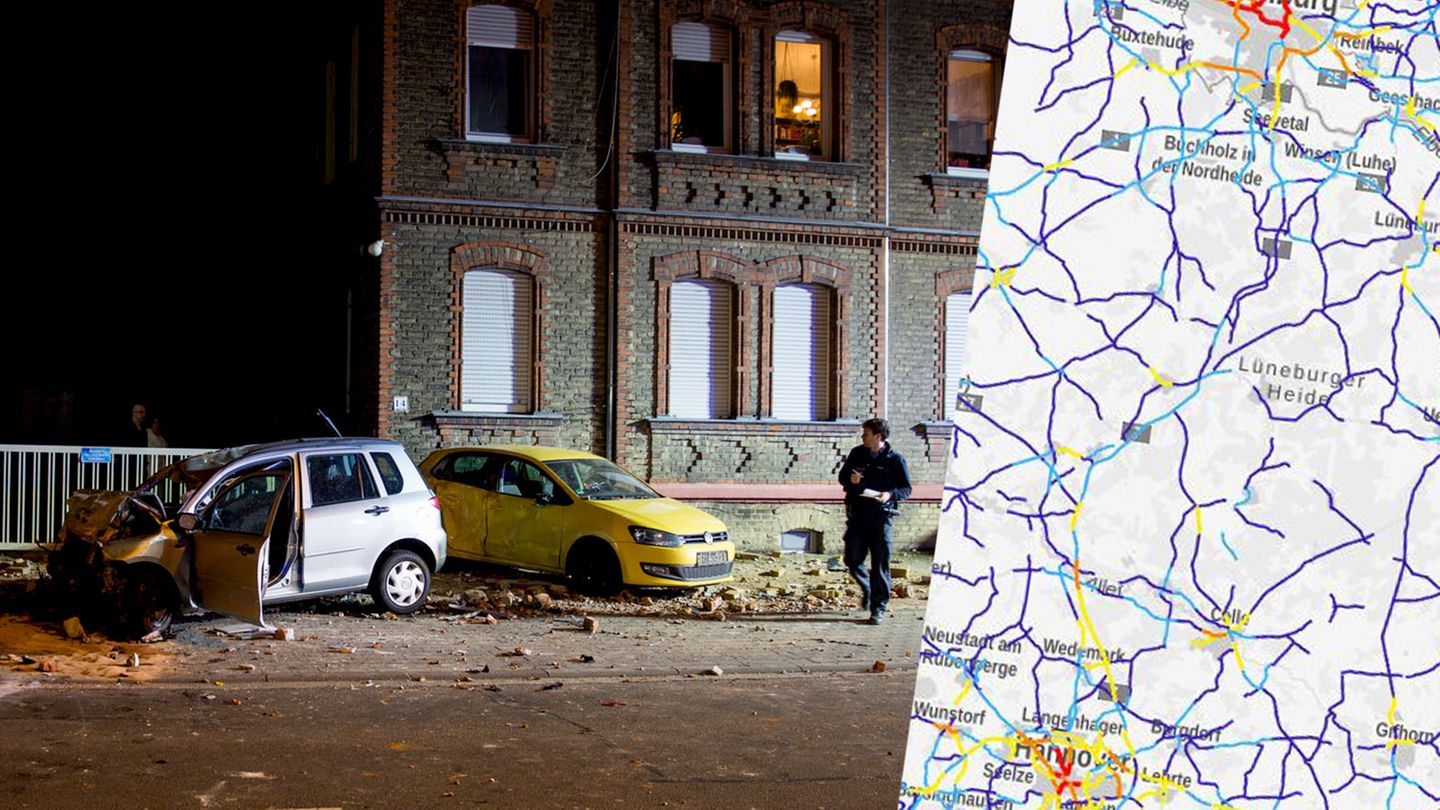The new one political party financing law was finally approved by the Senate almost against the clock, with one month left for the internal elections, and it must now be ratified by Deputies to remain valid.
The main point under discussion, the exposure time of political parties on television, was settled thanks to the fact that Open Town Hall (CA) once again ceased its demands and negotiated a middle ground with the rest of the coalition, thus forcing to the Broad Front (FA) to accompany
Specifically, a third option was reached regarding the duration and form of provision for the broadcast of electoral propaganda, leaving behind the idea of National Party (PN) and the Colorado Party (PC) of contributions to television channels and an extension of one hour of content that Frente Amplistas and lobbyists wanted.
What are the main changes in political financing?
The law voted in the Senate establishes that the media must give a free 13-minute space to slogans with parliamentary representation or that have reached more than 2% of the votes in previous internal elections. These minutes will be distributed during the campaign as follows: five minutes at the beginning of the campaign, three minutes in the middle of the process and five minutes at the end.
For the second round elections, the formula is different with 7.5 minutes for each presidential pair competing in the runoff.
The lists headed by women will, meanwhile, have differential access to electoral funds, a provision that had the only rejection of Town meeting.
The money transferred to parties whose lists are led by women will be 15% higher than what was stipulated in 2009, 20% higher if the list was proclaimed by the Electoral Court and 10% for each woman who occupies a position proclaimed by the authority. electoral.
The biggest changes to the current law on financing political parties occur in the role of the Electoral Court and in the private financing of electoral campaigns.
The text approved by the Senate establishes that the electoral authority may sanction parties for non-compliance, although it does not specify how this change will be implemented. Currently, the Electoral Court can only observe irregularities.
Furthermore, this institution may go to the Court of Accounts to audit the results of campaign expenses of political forces, a radical change since today there is no type of control over expenses.
The new law also regulates private and anonymous donations, and establishes investment limits for presidential candidates.
The Chamber of Deputies will define the first week of June whether to support or reject the law sent from the Senate, which can no longer be modified. If ratified, it will be in force for the general elections in October.
Source: Ambito




